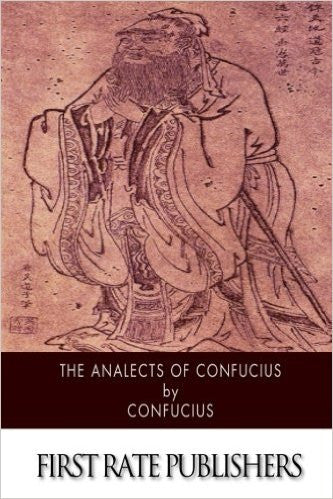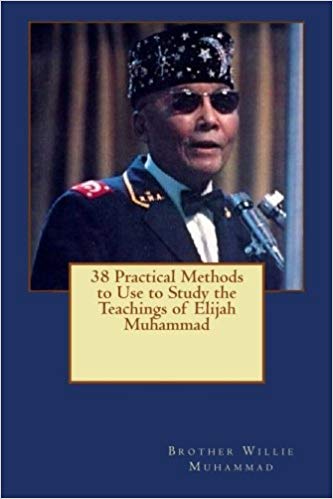
The Analects of Confucius
“At fifteen my heart was set on learning; at thirty I stood firm; at forty I had no more doubts; at fifty I knew the will of heaven; at sixty my ear was obedient; at seventy I could follow my heart's desire without overstepping the boundaries of what was right.” – Confucius
“Confucius has no interest in falsehood; he did not pretend to be prophet; he claimed no inspiration; he taught no new religion; he used no delusions; flattered not the emperor under whom he lived...” - Voltaire Many people argue that Confucius is the most influential person of all time, and if having a significant effect on the greatest number of people is the criterion, he may very well be. China is one of the largest and oldest civilizations on earth, and Confucius has been influential there from almost the beginning: the first Chinese dynasty was founded around 1600 BCE and Confucius lived from 551-479 BCE. Although he is still one of history’s most famous philosophers, Confucius was in many respects an unremarkable man, and even his physical features were said to be unattractive. There is little evidence that he thought of himself as a harbinger of any kind, but shortly after his death, writings, sayings, and theories based on his life and ideas spread throughout China and even took hold of the imperial court of one of the most powerful and important dynasties, the Han (206 BCE-220 CE). It was during the Han Dynasty that Confucianism became closely tied to state affairs, and it would remain so until the fall of the last dynasty in 1912.
Confucianism was closely tied to state religious and ritual practice, and naturally, it benefited greatly from this relationship and was able to subsequently exert influence on all aspects of society. As a "state religion", it provided "religious sanction for policy-making, official sacrifices, court ceremonies, royal marriage, funeral and mourning rights" as well as several major sacrifices to gods and ancestors. Confucianism continues to reverberate to the present day; the Chinese Communist Party still discusses Confucius in their official newspapers and references his thought when they think it will help promote a political or social stance. Eventually Confucius himself was worshiped as a sage, though accounts of his own opinions of himself are nothing but humble. As his great successor Mencius (372-289 BCE) put it, "Since humanity came into this world, there has never been one greater than Confucius." The description of the capture of a unicorn in the important Confucian classic, the Spring and Autumn Annals, was taken as a sign that Confucius was chosen by heaven to found a new moral dynasty. The state ritual sacrifice to Confucius grew rapidly in importance during the Han dynasty and continued to grow in later dynasties. In 630, for example, the Tang dynasty (618-907) founder ordered that every district and country establish a Confucius temple.



![A Book of the Beginnings [Two Volumes Bound Into One]](http://books2inmatesonline-com.myshopify.com/cdn/shop/products/A_Book_of_the_Beginnings_grande.jpg?v=1580864099)
